Did You Know?
Socrates never wrote down his teachings. His ideas were preserved and spread through the works of his student, Plato.
Key Information
Qualification
A-Level
Duration
Two Year Course
Examination Board
OCR
"Studying Religious Studies is both eye-opening and opinion-developing. The most exciting part is walking in with a certain view and walking out with your feelings completely changed." - Azaria Ryan, St Thomas a Becket
Key Employability Skills | ||
| Effective Communication | Emotional Intelligence | Critical Thinking |
Qualification
A-level
Assessment
100% Exam
Paper 1 Philosophy of Religion [ 33.3%]
A 2-hour exam where you will be expected to write 3 evaluative essays out of a choice of 4 questions on the topics studied in the philosophy of religion strand. Each question is worth 40 marks
Paper 2 – Religion and Ethics [33.3 %]
A 2-hour exam where you will be expected to write 3 evaluative essays out of a choice of 4 questions on the topics studied in the religion and ethics strand. Each question is worth 40 marks
Paper 3 Development of Christian Thought [33.3%]
A 2-hour exam where you will be expected to write 3 evaluative essays out of a choice of 4 questions on the topics studied in the development of Christian thought strand. Each question is worth 40 marks
What do I need to study this course?
You will need a grade 5 in GCSE English.
What will I study?
The course consists of three specific strands: philosophy of religion, ethics, and the development of Christian thought, all examined at the end of two years. A range of topics are covered including euthanasia, business ethics, the problem of evil, arguments for God’s existence, liberation theology and many more. This course suits those with a keen interest in discussing and answering the big questions about the world, reflecting on how and why people make different ethical decisions, and the changing role of having a faith.
Philosophy of Religion
Learners will study:
- Ancient philosophical influences
- The nature of the soul, mind and body
- Arguments about the existence or non-existence of God
- The nature and impact of religious experience
- The challenge for religious belief of the problem of evil
- Ideas about the nature of God
- Issues in religious language.
Religion and Ethics
Learners will study:
- Normative ethical theories
- The application of ethical theory to two contemporary issues of importance
- Ethical language and thought
- Debates surrounding the significant idea of conscience
- Sexual ethics and the influence on ethical thought of developments in religious beliefs
Developments in Religious Thought [ Christianity]
Learners will study:
- Religious beliefs, values and teachings, their interconnections and how they vary historically and in the contemporary world
- Sources of religious wisdom and authority • practices which shape and express religious identity, and how these vary within a tradition
- Significant social and historical developments in theology and religious thought
- Key themes related to the relationship between religion and society
What next?
This A-level leads to many undergraduate courses such as Social Work, Nursing, Teaching, Business and Law as well as other career routes. Our students value the skills developed such as handling the views of others, critically evaluating arguments and communicating ideas clearly.

 Website By Rejuvenate Digital
Website By Rejuvenate Digital